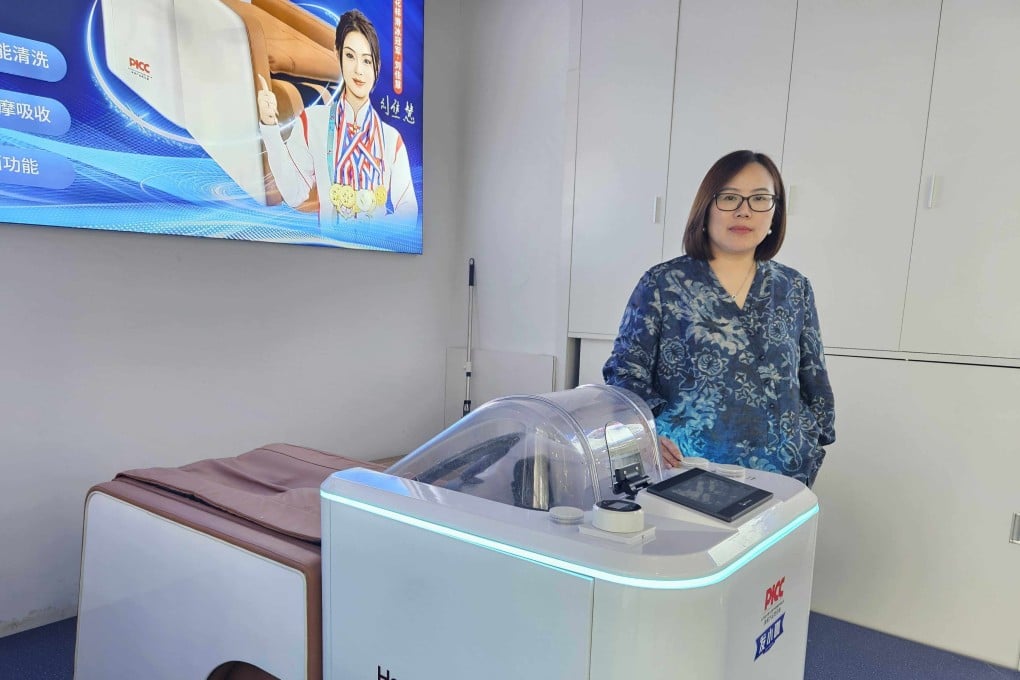The House of Representatives Committee on Communications has commenced process to review the Nigerian Communications Act 2003, with Colloquium in Lagos, theme: ” The Nigerian Communications Act 2003, 22 Years After: Reassessing the Nigerian Communications Act, Challenges, Opportunities, and Future Directions for a Digital Nigeria”. Dr. Aminu Maida, executive vice chairman, Nigerian Communications Commission (NCC) in his opening remarks, said that the Nigerian Communications Act of 2003 represents a cornerstone of Nigeria’s telecommunications momentous evolution, and today, we are tasked with evaluating its impact, confronting its challenges, and charting a bold path toward a digitally inclusive and globally competitive Nigeria.
According to him, “when the Nigerian Communications Act was enacted over two decades ago, it heralded a new era for our nation’s telecommunications sector. By dismantling monopolistic barriers and establishing a transparent, independent regulatory framework, the Act empowered the Commission to midwife a sector that has become a bedrock of Nigeria’s economic and social progress. “The explosion in telecommunications services, its availability and enablement of transformational changes in the Sector, are fruits of this bold legislative initiative by the vibrant Nigerian legislature.

“The numbers speak for themselves: mobile subscriptions have grown from less than 300 thousand in 2001 to over 150 million today. Internet penetration has surged, connecting millions to the digital economy, while the telecommunications sector’s contribution to Nigeria’s Gross Domestic Product has risen to approximately 13.94% as of the 3rd quarter of 2024.
Beyond statistics, the Act has enabled transformative innovations, mobile banking, e-commerce, digital communications and digital education—that have redefined how Nigerians live, work, and interact”. Dr. Maida added that these milestones are a testament to the vision of the Act’s framers, the resilience of industry players, and the trust of Nigerian consumers.
“They reflect the power of collaboration between the legislature, regulator, operators, and stakeholders in building a sector that has become a global model for telecommunications liberalization in emerging markets. “The global telecommunications industry is undergoing a seismic shift, driven by disruptive technologies such as 5G networks, artificial intelligence, quantum computing, the Internet of Things, and blockchain. These advancements promise unprecedented opportunities but also pose complex challenges.
“In Nigeria, while urban centres enjoy robust connectivity, rural and underservedcommunities still grapple with limited access, highlighting the persistent digital divide. Infrastructure deficits, including inadequate power supply and the high cost of right-of way approvals, are hindering network expansion. Cybersecurity threats loom larger as our reliance on digital platforms grows, with Nigeria recording a significant uptick in cyber-attacks targeting critical sectors.
“Moreover, the economics of the telecommunications industry are under strain. Operators face rising operational costs, exacerbated by inflation, currency volatility, and the need for substantial capital investment to deploy next-generation technologies. “Consumers, while demanding faster, cheaper, and more reliable services, often face affordability constraints, particularly in low-income communities.
These challenges underscore a critical truth: while the Nigerian Communications Act of 2003 was visionary for its time, the realities of 2025 require us to re-examine its provisions to ensure they remain fit for purpose. “This Colloquium, therefore, is both timely and strategic. It offers a rare opportunity to take stock of the Act’s strengths, address its gaps, and reimagine its role in powering Nigeria’s digital future”.
Also speaking at the occasion, HON. Peter Ohiozojeh Akpatason, chairman, House of Representatives Committee on Communications, said that the colloquium aims to among others; – Review the impact of the Nigerian Communication Act 2003 on our telecommunications sector. – Identify challenges and opportunities arising from technological advancements and changing market dynamics.
– Discuss future directions for a Digital Nigeria, leveraging insights from industry experts and stakeholders. He stated that it will explore key areas, such as: – Regulatory frameworks and their impact on competition and innovation. – Emerging technologies and their potential applications in Nigeria.
– Digital inclusion and access to telecommunications services. – Cybersecurity and data protection in the digital age. “This event will provide a platform for stakeholders to share experiences, insights, and recommendations, with a view to: – Identifying areas for improvement in the Act.
– Develop strategies for promoting digital growth and innovation. – Foster collaboration among industry stakeholders. “As such, we must, consider strategies to bridge this divide, including infrastructure development and affordable access initiatives.
“Also, the sector faces increasing cybersecurity threats, which require robust measures to protect citizens and businesses. “Therefore, we have to consider strengthening our cybersecurity frameworks, enhancing incident response capabilities, and promoting international cooperation to combat cyber threats. “The Act’s regulatory framework has to be strengthened to promote innovation, competition, and investment.
We therefore have to consider revising the Act to address emerging issues, such as 5G, artificial intelligence, and blockchain, and to ensure that our regulatory framework is flexible and adaptable to changing market conditions. “We must consider strategies to promote digital entrepreneurship, innovation, and investment, including tax incentives, funding opportunities, and skills development programs. The new Act has to encourage measures for promoting innovation, including research and development initiatives, innovation hubs, and partnerships with international organizations,” he stated.
.
Technology

Emerging Technologies, Cybersecurity, Others Form Key Focus of NCA 2003 Review

The House of Representatives Committee on Communications has commenced process to review the Nigerian Communications Act 2003, with Colloquium in Lagos, theme: ” The Nigerian Communications Act 2003, 22 Years After: Reassessing the Nigerian Communications Act, Challenges, Opportunities, and Future Directions for a Digital Nigeria”. Dr. Aminu Maida, executive vice chairman, Nigerian Communications Commission (NCC) [...]















